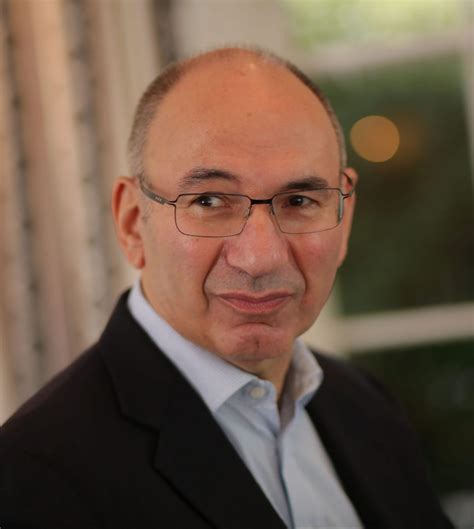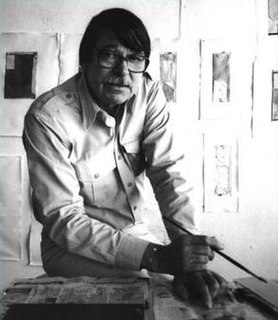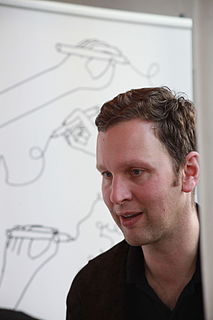A Quote by Robin G. Collingwood
The artist must prophesy not in the sense that he foretells things to come, but in the sense that he tells his audience, at the risk of their displeasure, the secrets of their own hearts
Related Quotes
The artist seeks contact with his intuitive sense of the gods, but in order to create his work, he cannot stay in this seductive and incorporeal realm. He must return to the material world in order to do his work. It's the artist's responsibility to balance mystical communication and the labor of creation.
Men need to know the elemental challenges that sea and mountains present. They need to know what it is to be alive and to survive when great storms come. They need to unlock the secrets of streams, lakes, and canyons and to find how these treasures are veritable storehouses of inspiration. They must experience the sense of mastery of adversity. They must find a peak or a ridge that they can reach under their own power alone.
The first step to be taken by one who wishes to follow Christ is, according to Our Lord’s own words, that of renouncing himself - that is, his own senses, his own passions, his own will, his own judgement, and all the movements of nature, making to God a sacrifice of all these things, and of all their acts, which are surely sacrifices very acceptable to the Lord. And we must never grow weary of this; for if anyone having, so to speak, one foot already in Heaven, should abandon this exercise, when the time should come for him to put the other there, he would run much risk of being lost.
In order that people may be happy in their work, these three things are needed: They must be fit for it: they must not do too much of it: and they must have a sense of success in it - not a doubtful sense, such as needs some testimony of others for its confirmation, but a sure sense, or rather knowledge, that so much work has been done well, and fruitfully done, whatever the world may say or think about it.









































